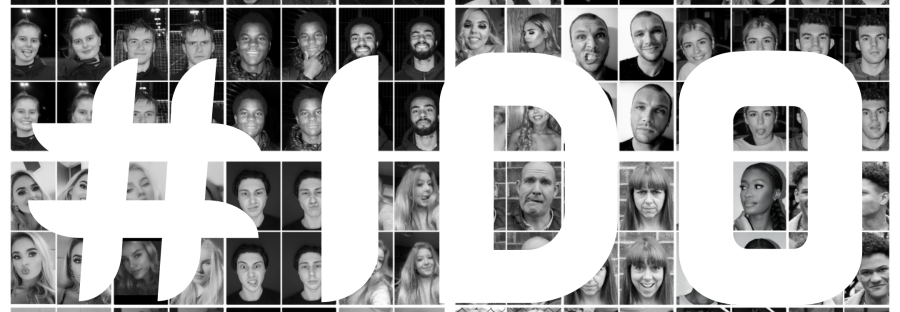From a pre-pandemic to a Covid-19 world, are universities doing enough to support students’ mental health?
-
Eight students have died in the UK since university began in 2020
-
Study by Mental Health Foundation showed that 64% of people say they are coping well with the stress of the pandemic
-
Many students are struggling with the current crisis
Your first year at university: dedication, hard work and preparation feel like a memory of the past. Now you’re stuck in a prison-sized room with people coming and going, never knowing who will defer the rest of their year.
The pandemic turned the world upside down, putting your original dream of university on hold. Now a university life you never expected, feeling trapped and alone. You’re wondering if it was all worth it.
The University of Manchester has recently been criticised for the handling of its students’ mental health concerns, with many protesting and claiming they have been given little support.
One student who feels let down by the education system sat down with NQ reporter Allen White.

Hannah (not her real name) talked through her experience around mental health and the support given following the loss of her friend in late 2019.
She said: “When we moved into student accommodation, we were taught about what to do and what not to do if there’s a fire, or if you’re struggling academically.
“There are posters in the accommodation and around the university on where to get more information for this, but there is nothing raising awareness of what to do if you or someone else is struggling with mental health.
“Who do you call? How do you comfort them? This basic information should be plastered around accommodation and the university to stop a young person from struggling and contemplating taking their own life.
“I think universities should consider a mandatory mental health talk, which guides you through how to acknowledge symptoms, what to do if you believe someone is in danger and who to call.
“The support we got from the university was shocking. One of the paramedics decided to call the university on our behalf, urging them to come down and get us as we were not in student accommodation.

“Their reply was something along the lines of ‘we can’t come down because they’re not in accommodation provided by us’. So, we were left for around two hours standing and crying hysterically outside of our house, not knowing where to go or what to do.”
Counselling is provided by universities to help with students’ mental health.
Hannah said: “The counsellor we spoke to was lovely and she sounded very promising about all of us receiving counselling when we got back, but this was not the case.
“The counsellors weren’t even trained for bereavement, so when I attended my first and last session, I was told, ‘we’re not here to talk about her’. They didn’t care.”
Universities across the country have been criticised during the pandemic for the lack of support for students.
One survey found 85% of students’ mental health affected by Covid-19, with 95% believing it will have an influence on their grades.
Hannah said: “One lecturer advised a friend to drop out when she asked for help.
“Three months later, we contacted the chancellor of the university asking for a meeting to discuss what had happened.
“We discussed our experience with the university and what we believe they could do to help students more. We’re unsure of whether or not any of the recommendations have been put in place”.

In October, the death occurred at the University of Manchester of student Finn Kitson. His father took to social media to rebut claims his son’s death was not covid-related, stating “with little support, then you should expect that they suffer severe anxiety”.
Laura Leggett, a senior mental health nurse speaking around mental health during the pandemic, said: “From practice, I saw that initially people’s mental health was improved or steadied by the lockdown.
“People no longer had the pressures of work, study, school runs or social expectations. Initially, we saw a drop in referrals to mental health services, but this could also be down to people’s avoidance and worries about contact with NHS workers.
“We are seeing an increase of mental health difficulties which is complicated by poverty, lack of employment, social deprivation, lack of face to face informal support from family and friends, the threat of further restrictions, family tensions and domestic violence and the impact of drug and alcohol use”.


